Last week, I went to a Marks and Spencer café.
I had a scone and a pot of tea while my toddler demolished a croissant. Afterwards, we bought some crumpets, some golden syrup, lemon curd.
I’m faintly embarrassed to find myself in Marks and Spencer, but especially today, with its platinum jubilee biscuits tins and the union jack seemingly plastered over every item.
I’m sheepish because this M&S is on Prague’s Wenceslas Square, famous for its protests during the Velvet Revolution and, more recently, for anti-war gatherings. Then, the square – actually more of an oblong – was filled with people wearing blue and yellow, waving Ukrainian flags, holding sunflowers.
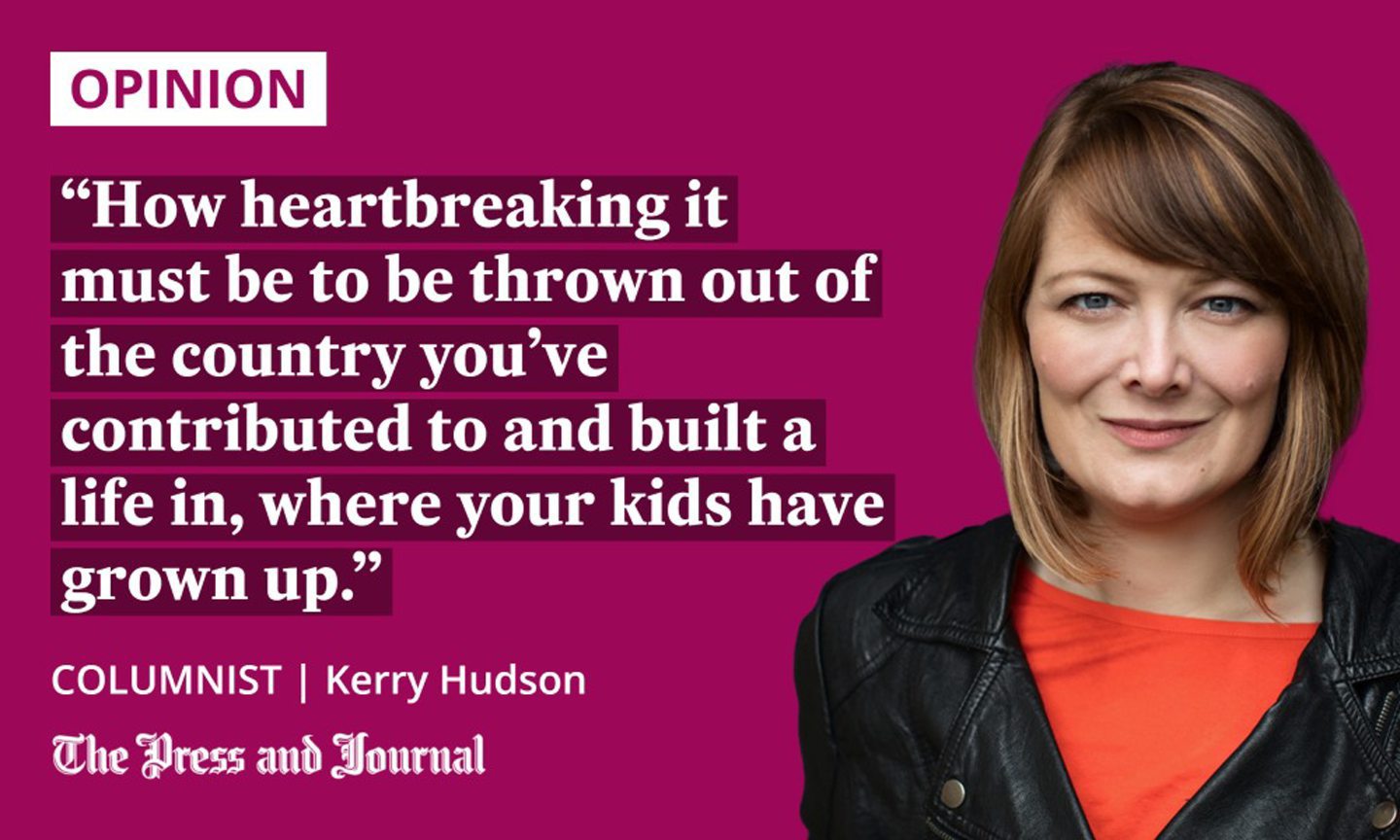
Of course, this sort of British theme park aspect of the shop is why I go there as an immigrant.
I don’t go too often. I don’t want to be a “Brit abroad” who moves to the Costa del Sol and subsists on fried breakfasts.
Most of the time, we go to Czech restaurants. We eat schnitzel the size of our heads with smashed new potatoes full of butter and dill. We drink flagons of pilsner in the park with huge heads of foam for 50p. My son will now only eat heavy Czech bread laced with fennel and unsalted Czech maslo, even if I try to tempt him with an imported crumpet.
But, now an immigrant of almost three years, I go to Marks and Spencer when I want to feel a little less alien. Even though I order my scone and tea in Czech, it feels a bit like home.
Great healthcare, jobs, homes and a feeling of safety
When we left Britain for Europe, we weren’t intending on staying in Prague. Indeed, we didn’t know where we’d end up. We only knew, following the Brexit referendum, we didn’t want to lose our right to work in Europe. That, living in London, we were both working 50-hour weeks and still struggled to afford even the worst studio apartment slated for demolition because an entire wall was covered with mould. So, we thought we would start in Europe and see where we ended up.
I can honestly say I have perhaps experienced that recognisable shiver of alarm only three times during our years in the Czech Republic
But, when we arrived in Prague, I got pregnant. Then there was a pandemic. And here we are.
I’d never complain. Prague has given us more than we could ever have imagined. We have been mostly welcomed as immigrants.
I gave birth here, then had life-saving surgery and received the best medical care I could have wished for. My husband was able to use his English and German to make a career change and now works in cybersecurity, a job he loves.
We have been amazed at the level of trust Czech society engenders. We’ve rented in two apartments now and, both times, there were no credit checks, guarantors or bank statements demanded. We showed up, had a nice conversation, signed a contract, and it was simply understood that we’d pay the rent.
Prague is also one of the safest cities I have ever lived in. In London, 10 minutes from our flat, a woman was brutally stabbed while pushing her baby in a pram.
As a survivor of sexual violence, it is quite an astounding thing to be able shrug off the constant sense of threat and vigilance I carried while living in the UK. I can honestly say I have perhaps experienced that recognisable shiver of alarm only three times during our years in the Czech Republic.
Still dreaming of Scotland
I gained a lot by immigrating to Prague, but I lost things too. Several nights a week, I still dream of being back in the UK.
I’m often back in London or in Scotland. I’m wandering familiar streets and speaking to people in English. I can always be understood in my dreams, which is not the case here with my basic Czech.
I know my little boy will grow up with entirely different cultural references. It’s strange to think that he will ostensibly be Czech
I miss that ease of communication deeply. And it is not just about language, but also shared culture. The Czech Republic has a strong culture which is beautiful to learn about, and one we have tried to integrate with. But it is still easy to feel excluded by that shared culture, no matter how hard you try to “pass”.
Of course, I miss my friends and family. I had a pregnancy, a baby and discovered I had a rare illness without any of my closest people around me. My friends haven’t even been able to send a gift or card, since Brexit has meant post from the UK comes with lengthy custom forms and visits to offices which often still don’t result in a parcel.
I know my little boy will grow up with entirely different cultural references. It’s strange to think that he will ostensibly be Czech and I will constantly be translating my Scottish childhood and stories for him.
‘Home’ can mean many things
Overall, I know we’re incredibly lucky that we landed in Prague. But, we’re also lucky that it was, and still is, a choice.
I often think of the European immigrants in the UK who were forced to return home after Brexit. How heartbreaking it must be to be thrown out of the country you’ve contributed to and built a life in, where your kids have grown up.
I often wonder if they are sitting beside me at the tables in Marks and Spencer café in Prague’s Old Town. Having a little taste of the place they lived in for decades, buying familiar flavours that had become staples in their household.
They, like me, are trying to get used to feeling not part of the place you left, or the place you’re in. We’re trying to work out what home really means.
Kerry Hudson is an Aberdeen-born, award-winning writer of novels, memoirs and screenplays. She lives in Prague with her husband, toddler and an angry black cat
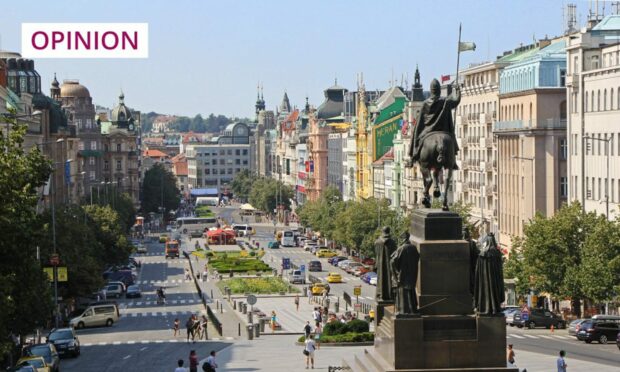
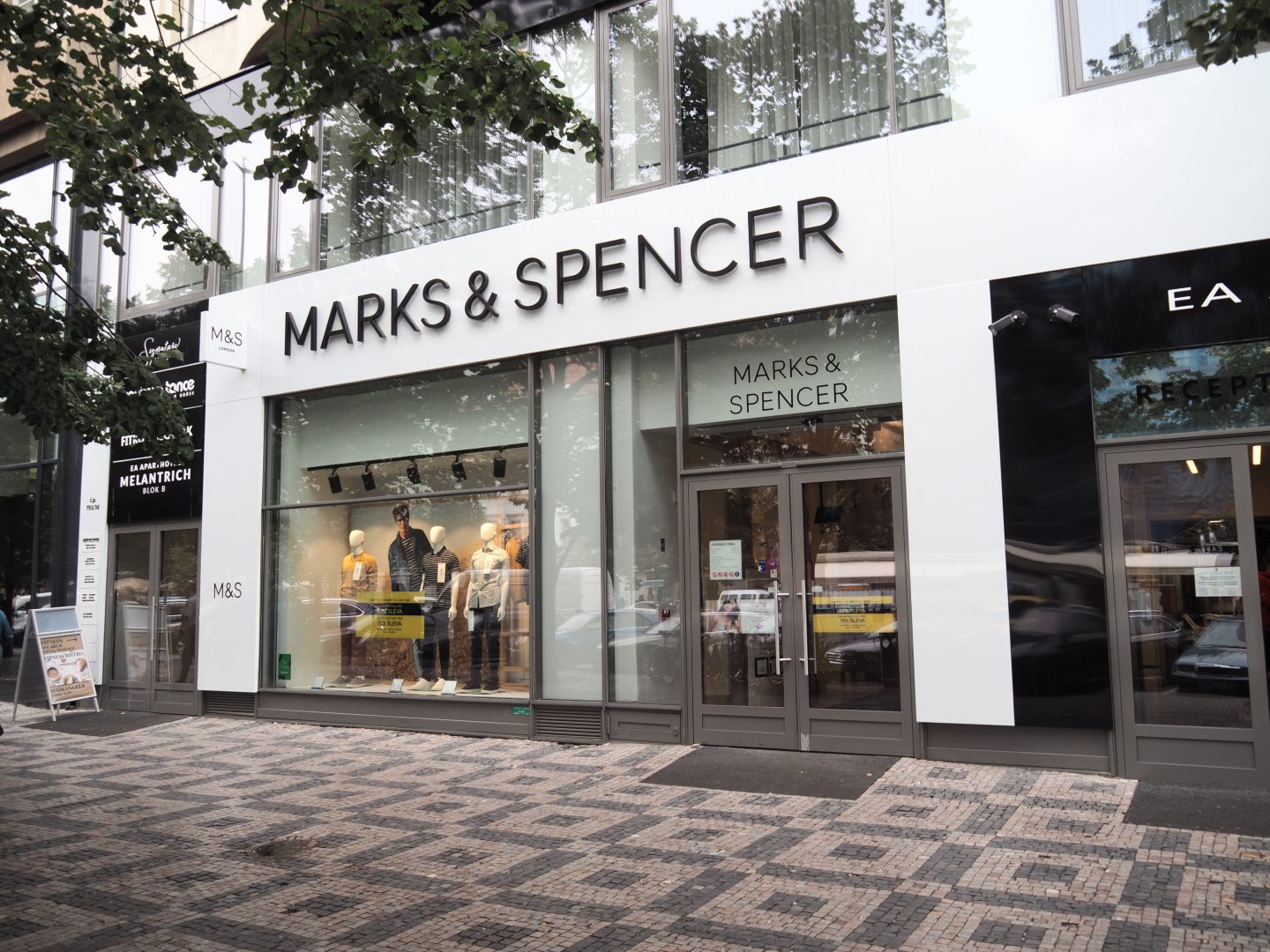
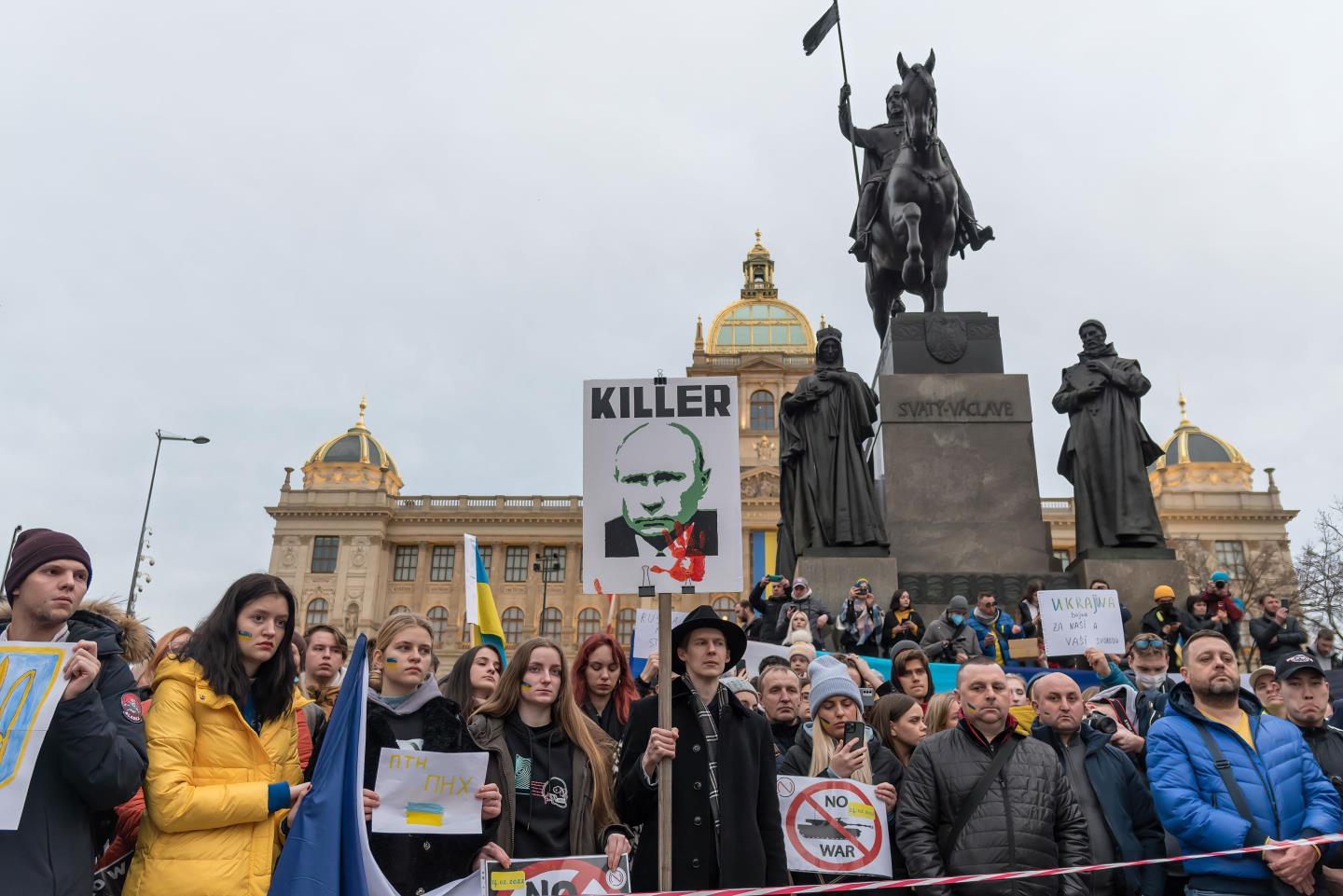
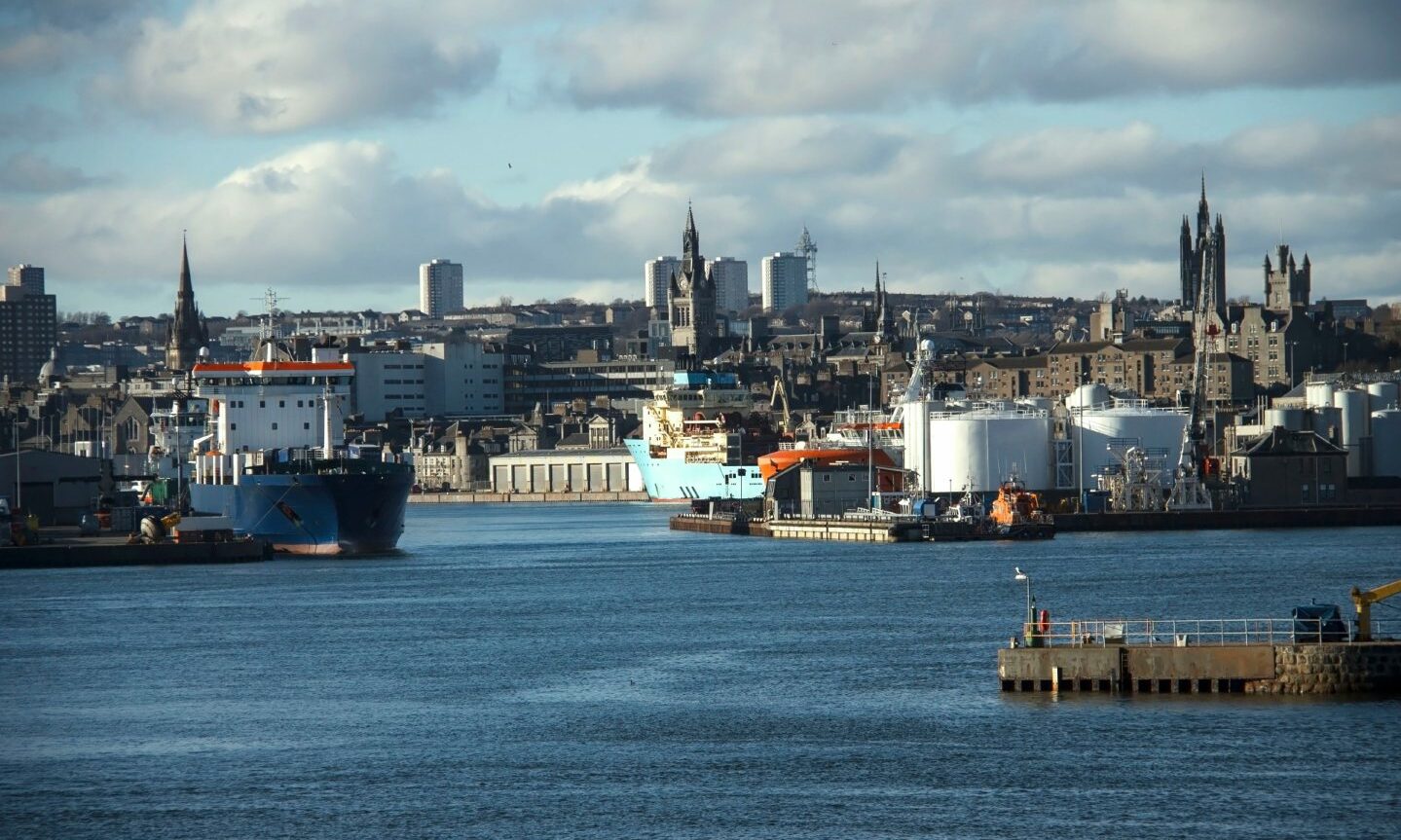
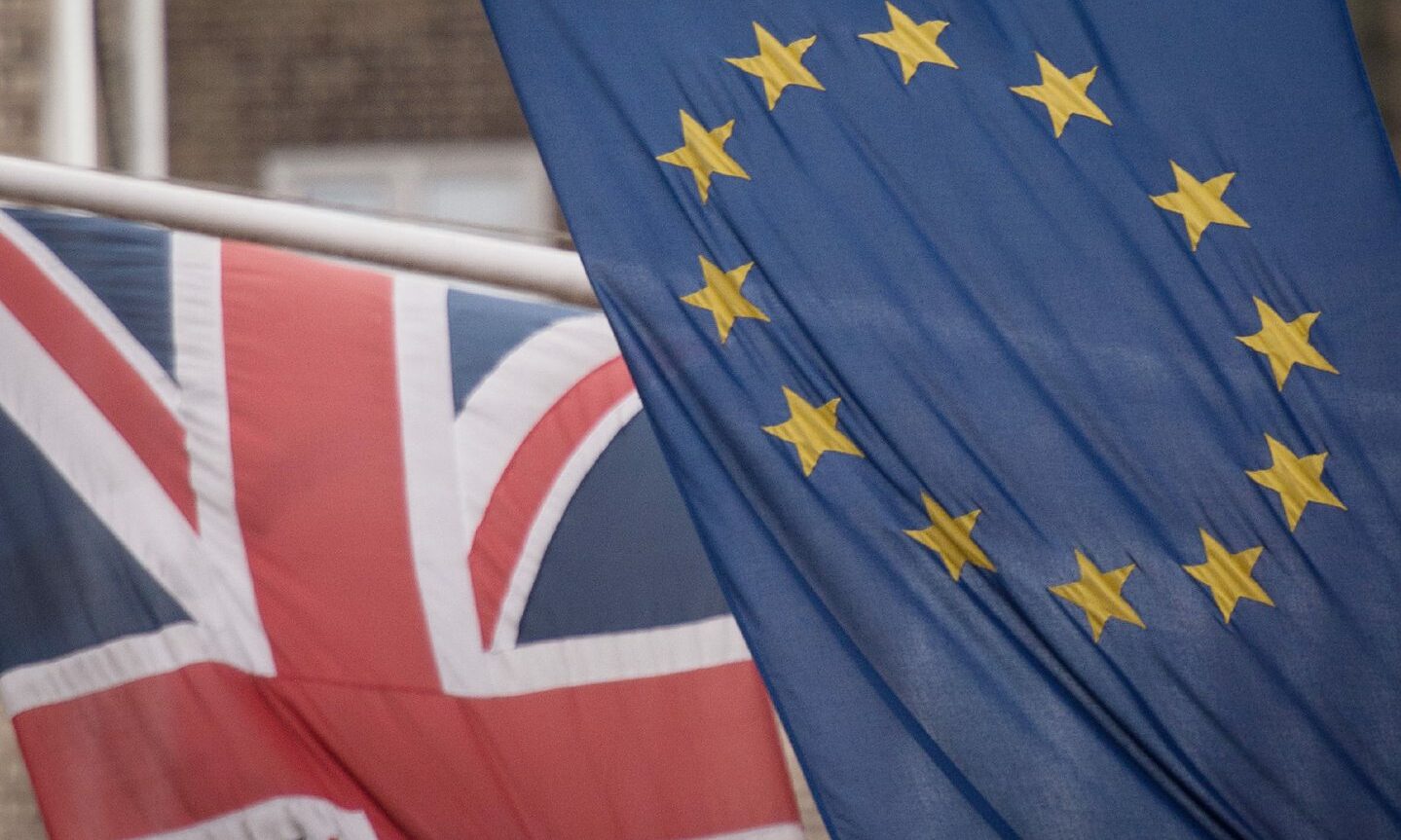
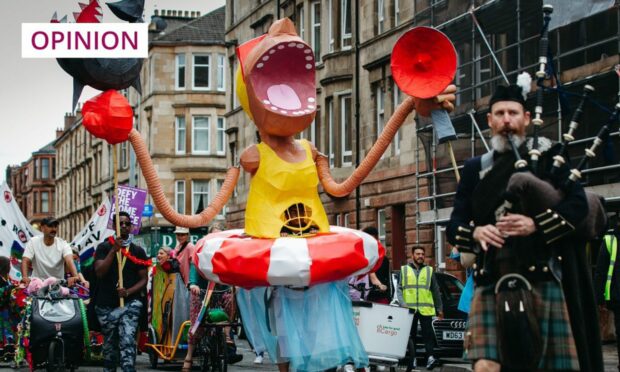
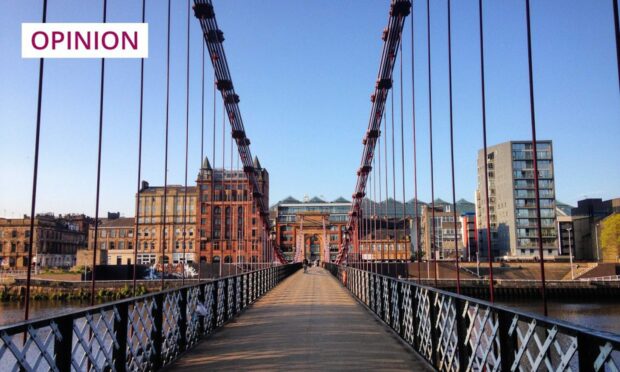
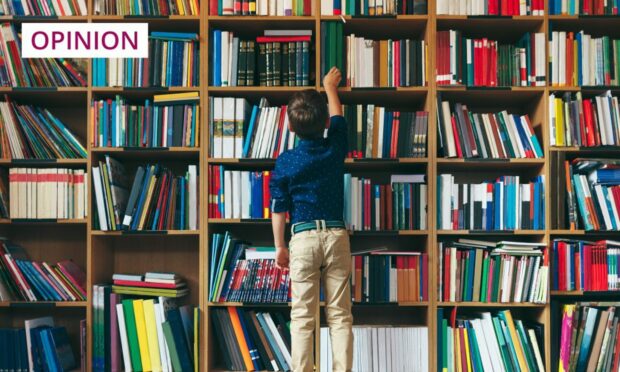
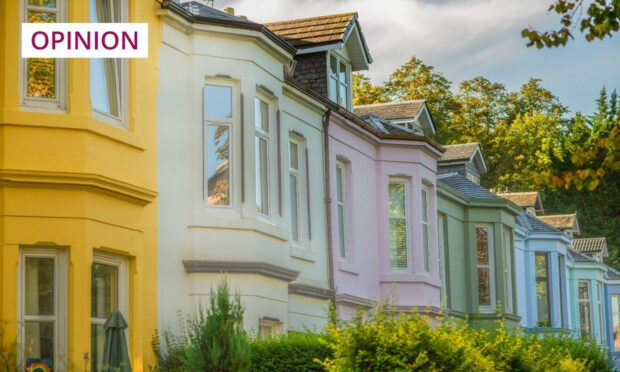
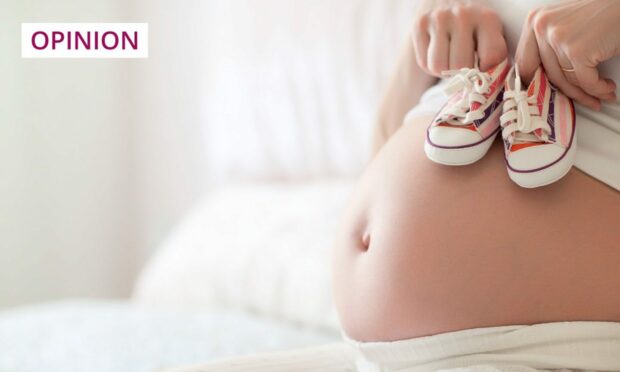
Conversation